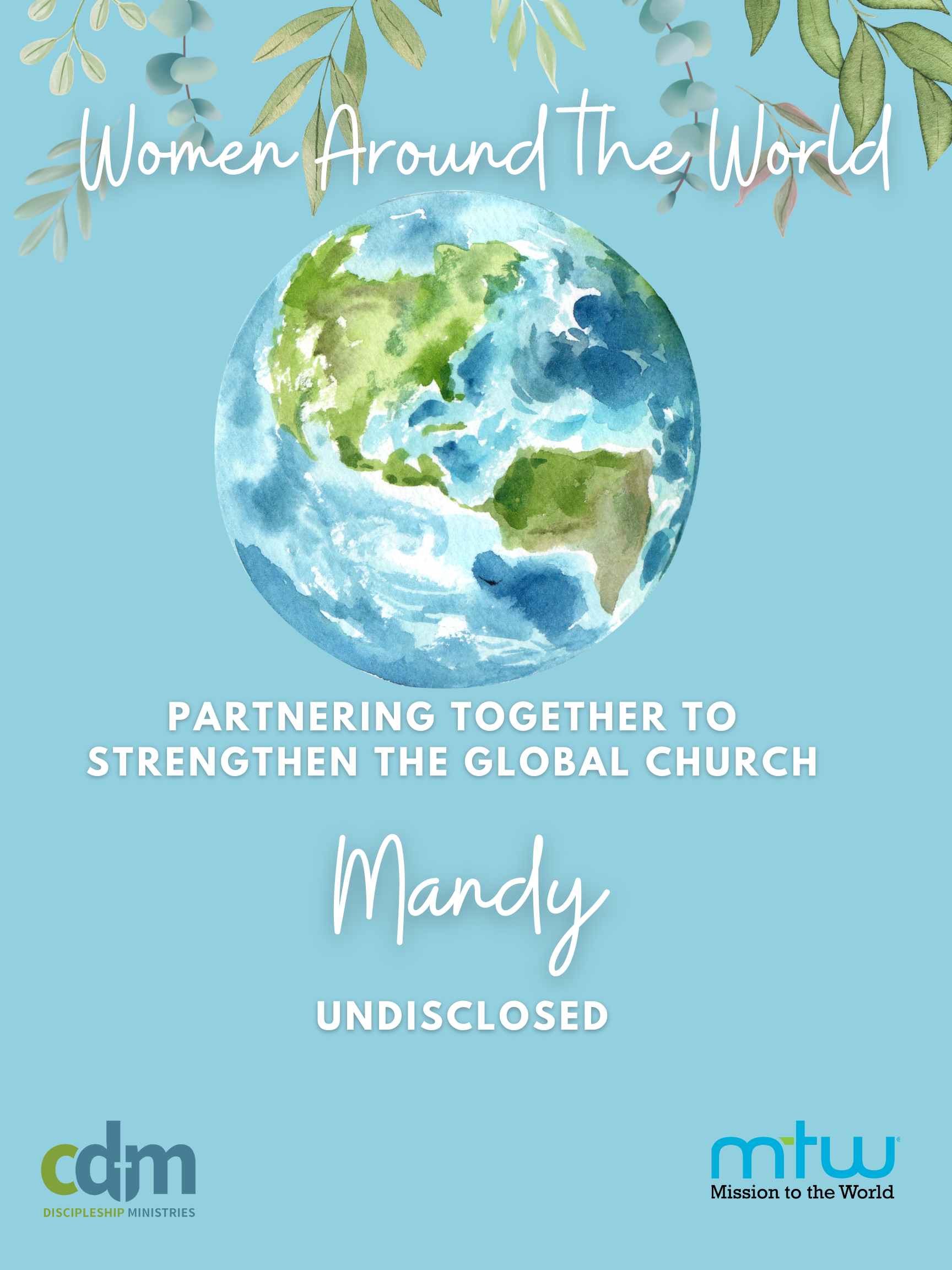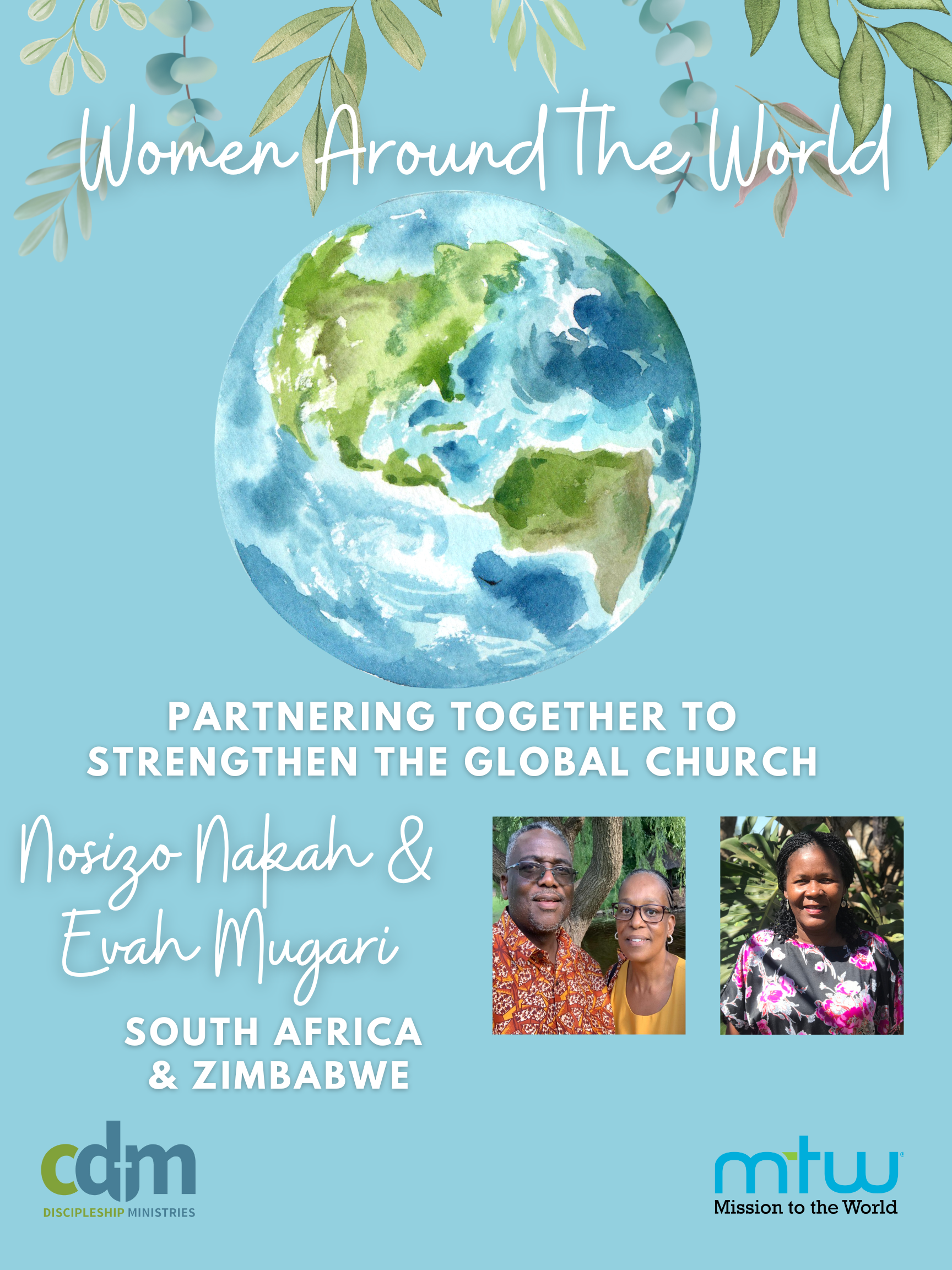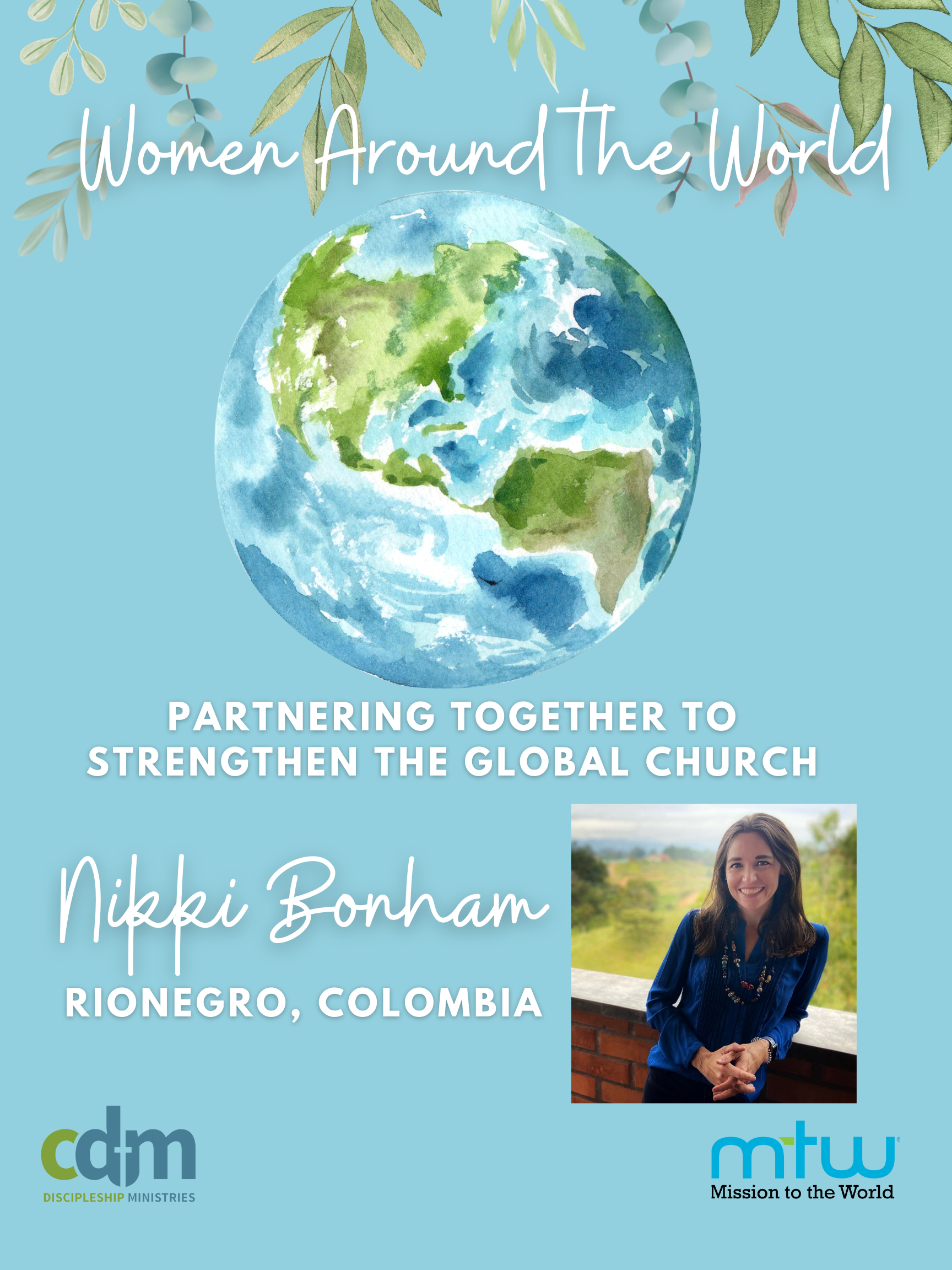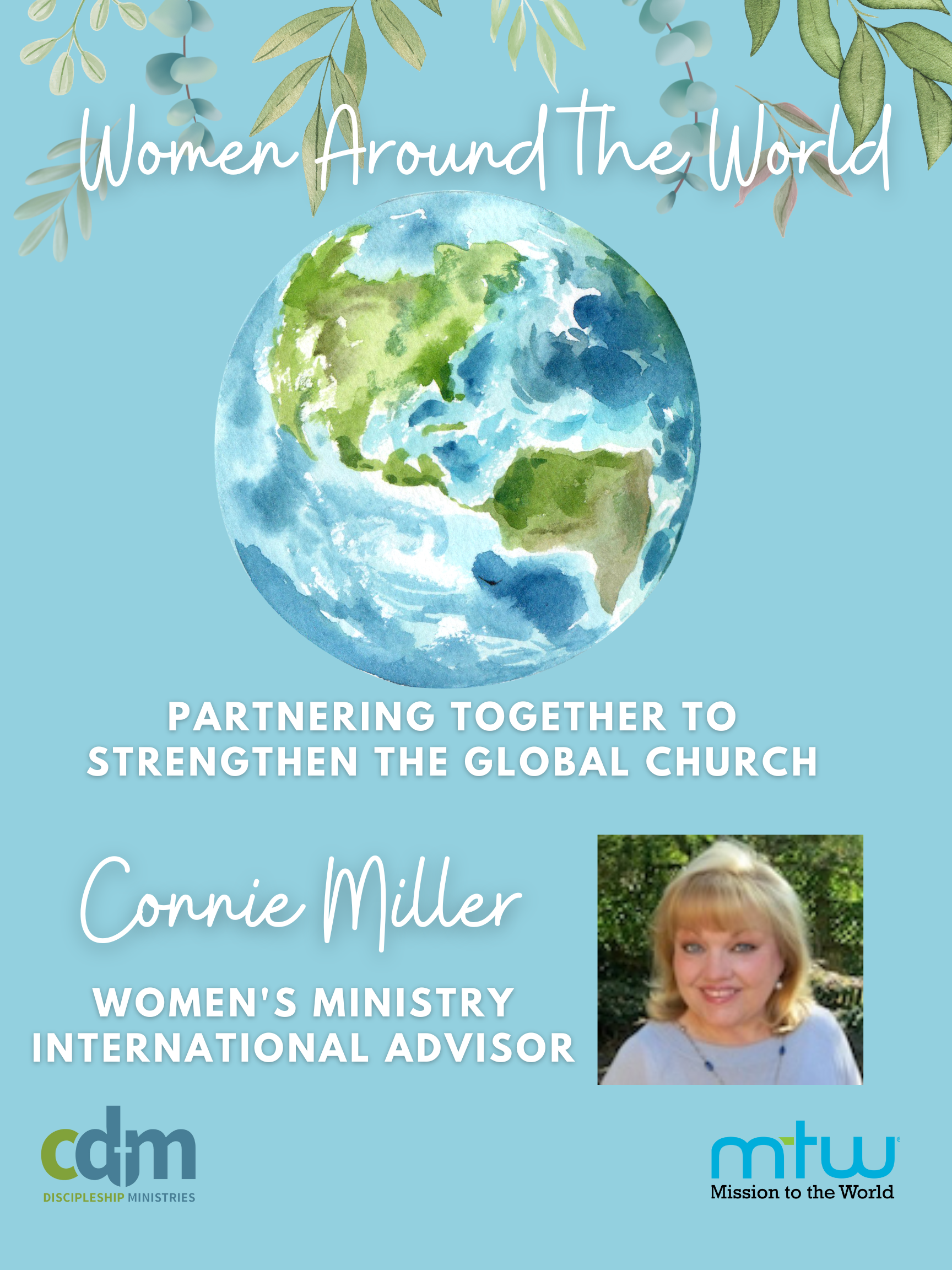Ordinary Life of Obedience is Never Ordinary
KATY BRINK | GUEST Three official languages in a country the size of Maryland. Two official languages in the capital city which boasts well over half its residents being of foreign origin. Where in the world are we? Brussels, Belgium. Being one of the most international cities in the world, the “culture” of Brussels could be described as a wacky, delightful hodge-podge of countries with definite Belgian flavors mixed in. Multiple languages swirl through the air as I walk the streets, running my errands, feeling in good company as a foreigner here. You don’t have to spend much time here to realize that the nations have come to Brussels. The Bible often speaks of the gospel going forth to the nations and emphasizes the reality that God’s Church includes people from every tribe, tongue, and people group. Living in an international city and participating in the life of the local church here has given me a small window into what that mixture could look like, offering a vivid foretaste of the glorious heavenly hodge-podge to come. God Builds His Church We moved here several years ago with the long-term goal of church-planting, though without knowing exactly when and how that desire would come to fruition. We spent years engaged in valuable learning, waiting, and networking, knowing that if the Lord wanted us involved in planting a church, he would orchestrate the details. Fast forward to 2022. We had made a connection with a likeminded Belgian pastor who was interested in the idea of church-planting, and the details started to fall into place for him to join our planting team. We began to make plans and had a particular timeline in mind, but God in his mysterious yet always perfect timing, seemed to take our timeline and speed it up. I’ve laughed and told people that the launch of this church plant felt like God said, “wait, wait, keep waiting” for several years and then suddenly said, “go NOW.”...










